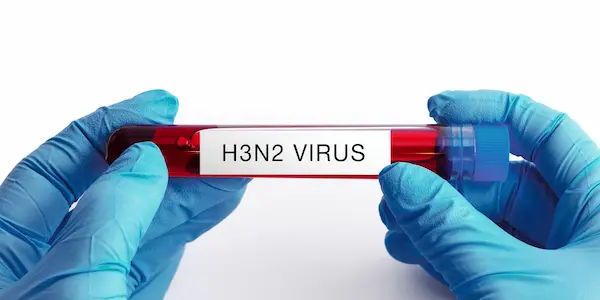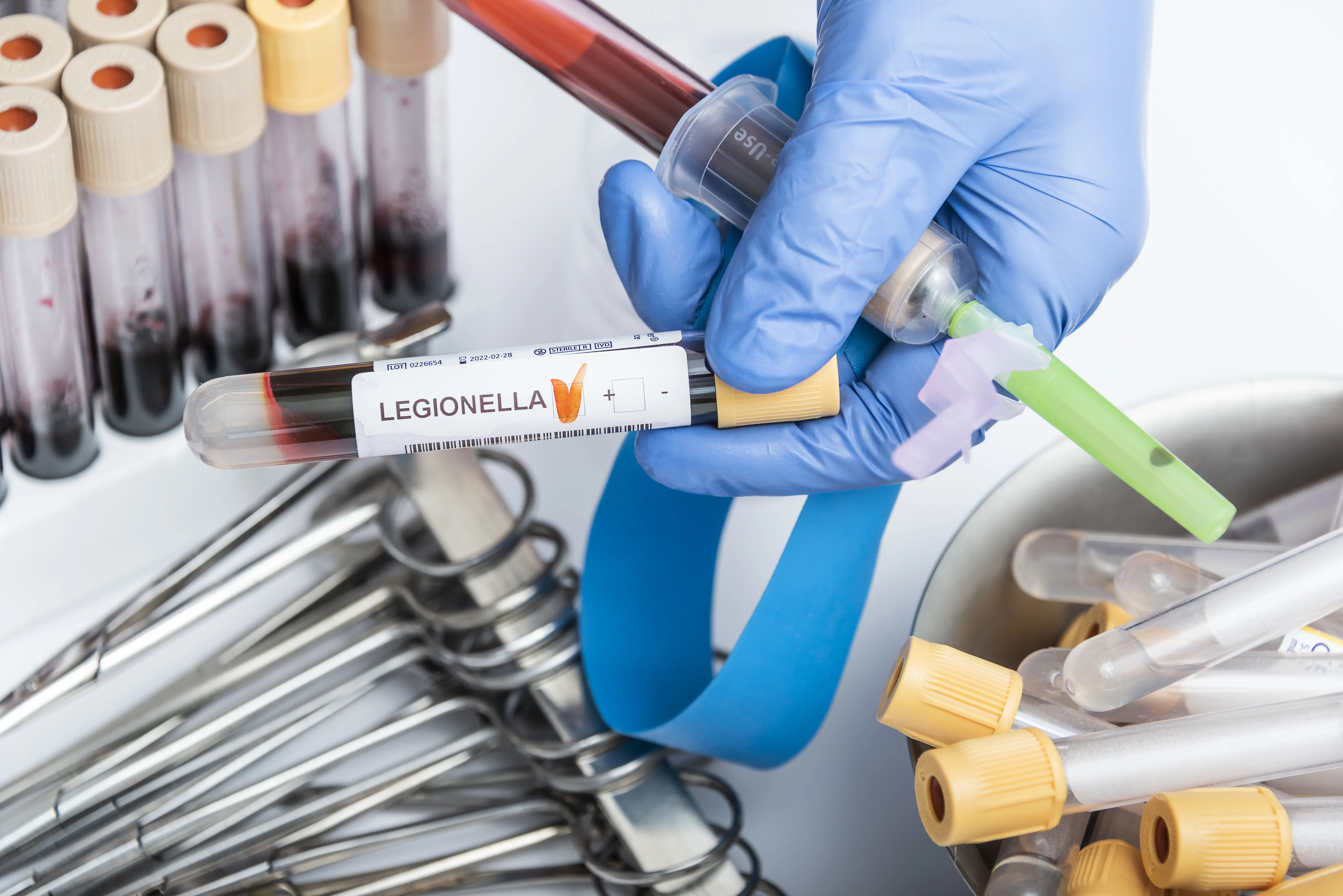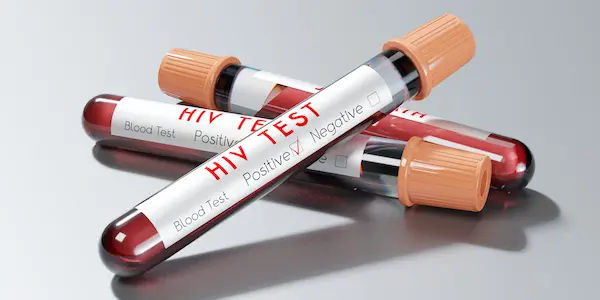- Male
- 34 Years
- 29/01/2025
I'm really concerned about my HIV status. So, I had a PCR RNA test 22 days after potential exposure, and it came back not detected. Then, at 44 days, I did an HIV combo test and it was negative. Finally, I did HIV rapid testing at 76 days, and that was negative too. Based on these results, am I in the clear?
Answered by 1 Apollo Doctors
Visit your Physician for evaluation and appropriate management
Dr. Dhankecha Suggests...
Consult a Infectious Disease specialist
Answered 04/07/2025
0
0

More Infectious Disease Health Queries
View allI'm really worried because it's been 34 days since I got bitten by a stray dog, and the dog's still alive. Does that definitely mean it wasn't carrying or spreading the rabies virus when it bit me?
If the stray dog that bit you is still alive after 34 days, it significantly reduces the likelihood that the dog was shedding rabies virus at the time of the bite, as dogs typically die within 3-14 days after showing symptoms of rabies, but it's essential to consult with a healthcare professional or local animal control for further guidance and to determine if post-exposure prophylaxis (PEP) is still necessary.
Answered by 1 Apollo Doctors
I've been exposed to HIV around 48 days ago and now I'm starting to notice some symptoms. I'm really concerned and am wondering what kind of test I can take at this point to confirm if it's HIV. Can you help guide me on this?
Hiv elisa test is advised to the patient.
Answered by 1 Apollo Doctors
I'm really worried about my tpha and VDRL results, can you explain what the treatment process is like? How long does it usually take for these results to turn negative? I'd appreciate any advice you can give.
Depends the clinical staging ,that needs Physical eamination also,visit Dermatologist for appropriate management
Answered by 1 Apollo Doctors
Disclaimer: Answers on Apollo 247 are not intended to replace your doctor advice. Always seek help of a professional doctor in case of an medical emergency or ailment.





